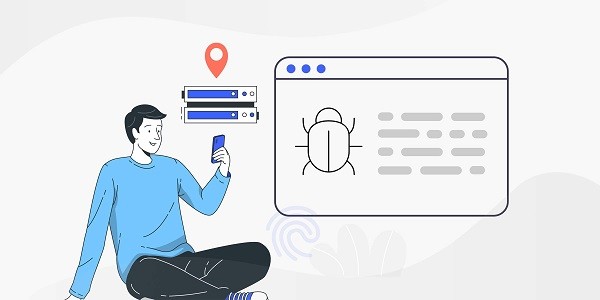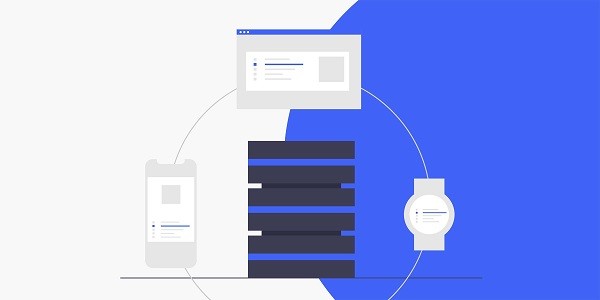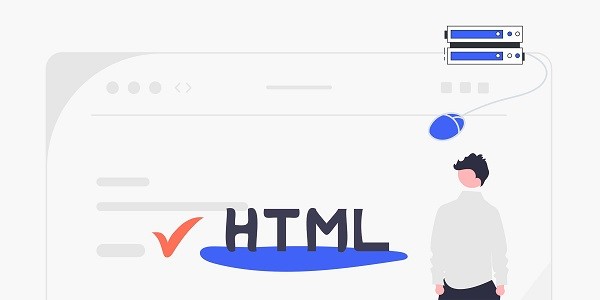This article explores practical methods for competitive advertising analysis and reveals how to optimize advertising strategies and improve market competitiveness by using products such as IP2world's dynamic residential proxy. What is competitive advertising analysis?Competitive advertising analysis is the process of exploring market trends and potential opportunities by systematically studying competitors' advertising content, delivery strategies and user feedback. In today's increasingly competitive world, companies need reliable tools to obtain accurate data, and proxy IP technology is the key to breaking through geographical restrictions and efficiently collecting information. As a leading proxy IP service provider, IP2world's dynamic residential proxy and other products provide underlying support for competitive product analysis. What is the core value of competitive advertising analysis?By analyzing competitors' advertising materials, delivery channels, and audience positioning, companies can quickly identify market gaps and optimize their own advertising budget allocation. For example, by observing the advertising density of competitors in a specific area, one can infer their key markets; by comparing the conversion rate differences of advertising copy, one can extract more effective creative directions. This process relies on large-scale data collection and authenticity verification, and proxy IP technology can simulate real user behavior to avoid data deviations caused by excessive access frequency or geographical restrictions. How to efficiently collect competitor advertising data?Data collection is the basis of competitive product analysis, but directly crawling public advertising information may trigger the platform's anti-crawling mechanism. Dynamic residential proxies simulate the natural access behavior of users in different regions by rotating real residential IP addresses, which not only ensures the comprehensiveness of data but also reduces the risk of being blocked. IP2world's dynamic residential proxies cover tens of millions of IP resources worldwide, support custom geographic locations and operators, and provide a flexible solution for cross-regional collection of advertising data. How to extract effective insights from advertising creatives?The visual design, copywriting style and selling point presentation of competing products often hide market preferences. For example, a brand's repeated emphasis on "24-hour customer service" may imply that there are service response pain points in the industry; high-frequency promotional keywords reflect user price sensitivity. Analyzing these details requires long-term tracking of advertising updates. Static ISP proxies, with their stable IP addresses and high-speed connection capabilities, can ensure long-term monitoring without interruption, and are particularly suitable for scenarios that require continuous capture of advertising version iterations. How to optimize your own advertising strategy?Based on the results of competitive product analysis, companies can adjust the delivery time, audience targeting or bidding strategy. For example, if the advertising exposure of a competitor product increases sharply in the evening, it can be inferred that the user activity during this period is high; if it avoids bidding on certain keywords, it may mean that the conversion cost is too high. Exclusive data center proxys provide dedicated IP and ultra-high bandwidth, support multi-threaded simultaneous operation of multiple advertising accounts, and help advertisers quickly test different strategy combinations and shorten the optimization cycle. How to evaluate the actual effect of competitive advertising analysis?Successful analysis needs to be converted into quantifiable business growth. By comparing indicators such as click-through rate and conversion cost before and after analysis, companies can verify the effectiveness of strategies. IP2world's S5 proxy supports API integration and automated scripts. Combined with the high concurrent processing capabilities of unlimited servers, it can synchronize competitor data and internal delivery results in real time, generate dynamic visual reports, and provide immediate basis for decision-making. As a professional proxy IP service provider, IP2world provides a variety of high-quality proxy IP products, including dynamic residential proxy, static ISP proxy, exclusive data center proxy, S5 proxy and unlimited servers, suitable for a variety of application scenarios. If you are looking for a reliable proxy IP service, welcome to visit IP2world official website for more details.
2025-04-12









